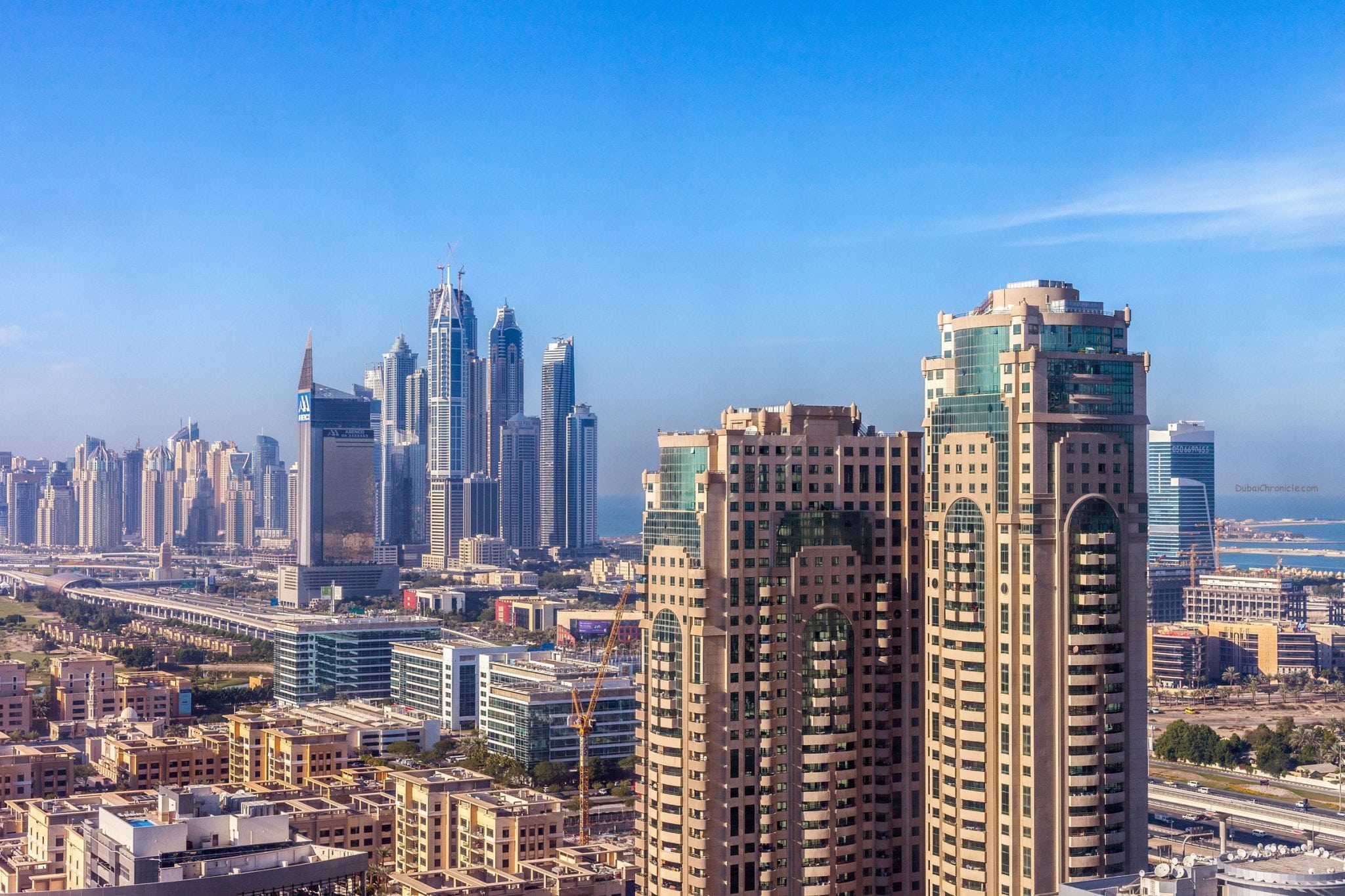Bahrain boasts high-quality hospitals equipped with cutting-edge equipment, and its healthcare system is among the most advanced in the Gulf region. The country places a strong emphasis on the healthcare of its citizens and residents, offering free healthcare services. Bahrain’s healthcare infrastructure is considered the most advanced and comprehensive among GCC countries, with a higher ratio of doctors, nurses, and dentists per capita. Many Bahraini doctors receive education abroad before returning to practice in their homeland. Medical education in Bahrain is facilitated by institutions such as the Arab Gulf University, the Royal College of Surgeons of Ireland, the College of Health and Science, and the AMA International University.
The healthcare system in Bahrain encompasses both public and private sectors, with the public system offering free or heavily subsidized services. There is significant demand for specialized medical services in Bahrain, and the latest medical-surgical procedures are readily available. Healthcare in Bahrain is organized into three tiers: primary, secondary, and tertiary.
Primary Healthcare
Primary healthcare in Bahrain is the cornerstone of the Kingdom of Bahrain’s healthcare system. The Ministry of Health operates 22 health centres that provide primary health care.
Primary care is the primary point of contact, and it is backed up by a well-established referral system with secondary care. All Bahraini nationals receive free treatment, whereas expatriates must pay three dinars (BD. 3.000) per visit.
There is a wide range of therapeutic, preventive, and promotional services available. Curative services include chronic disease management, acute illness, urgent care, minor procedures, geriatric care, sickle cell clinics in three health centres, labour and delivery services, oral health services, and home visits.
Antenatal services, periodic children screening, immunisation, postnatal services/Postabortal, family planning services, periodic women services, premarital services, and ultrasound examination for pregnant women are all examples of preventive services. Oral health treatments such as fissure sealant programs, fluoride application, educational activities, maternal and child dental care, diabetics, the elderly, and clients with special needs are all included in preventive services.
Other supportive services are available, including physiotherapy, diagnostics, pharmaceuticals, and social assistance. Health education services, as well as community engagement educational and promotional services, are used to deliver promotional services.

Secondary Healthcare
Secondary Healthcare in Bahrain Services is provided by the Ministry of Health through a number of hospitals. Salmaniya Medical Complex is Bahrain’s main hospital (Public Hospital).
The Salmaniya Medical Complex is a multispecialty health care centre that provides emergency, secondary, and tertiary treatment to all Bahrainis. The Accident and Emergency Department treats sick and injured people who require immediate medical attention.
At the SMC, inpatient care is offered by admitting patients to one of the wards based on their condition and the type of sickness they are suffering from. Wards are divided by specialisation, and beds are further divided by sex, patient age, and disease condition.
Patients who require immediate care are admitted to an “Inpatient Bed” as an emergency admission, whereas patients who require inpatient care but do not require immediate admission are waitlisted and admitted on a date desired by the treating doctor or whenever a bed becomes available.

Tertiary Healthcare
Visitors to Bahrain can make use of tertiary healthcare. If a Population Registration Card is obtained, treatment is available under the public healthcare system; however, treatment will not be free for foreign nationals, regardless of the type of treatment.

Private Healthcare
The majority of expats in Bahrain opt for private health insurance and use private medical facilities of their own volition. In Bahrain, there are a few private medical insurances, and their policies differ depending on who you are. There is both family and individual coverage available.

Mother & Child Healthcare
Mothers and children receive special attention in the system of healthcare in Bahrain, which includes a designated facility for Mother and Child care in each hospital. It’s part of the Ministry of Health’s preventative healthcare programme, which aims to ensure the health and well-being of all mothers and children before and after they give birth.
The services of healthcare in Bahrain are not restricted to newborns and children; rather, the cycle begins with particular attention to pregnant women and continues through motherhood and child care programmes. Pregnant women can take advantage of a variety of health services, including immunizations, prenatal follow-up, and health checks. Additionally, the programme includes post-pregnancy education seminars on topics such as breastfeeding, childhood vaccines, and other related topics.
All of these measures have been accepted by Bahrain in order to accomplish Goal (3) of the Sustainable Development Goals: Good Health and Well-Being for All Society Members, which is part of Bahrain’s 2030 Strategy.
When your kid is born, the route to better health begins with the issuing of a birth certificate, an identity card, and free scheduled immunizations, among other things.



